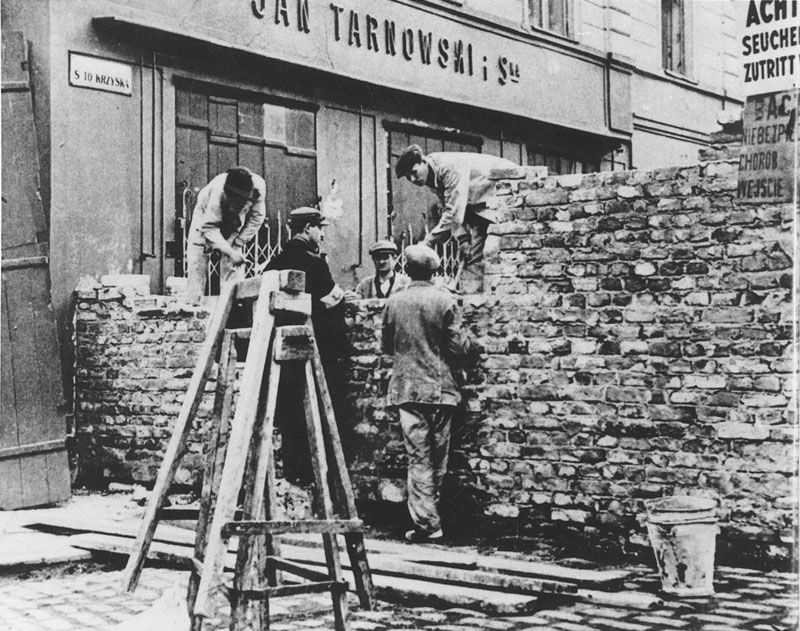






In some places and times, stories are so important they’re worth dying for.
Author Neil Gaiman tells a story about his cousin, Helen, who was one of the few members of his extended European Jewish family to survive World War II. In the early 1940s, she started teaching some of the younger girls in the Warsaw Ghetto.
At that point, you had a death sentence for possessing a book. Books were illegal. But she had a Polish translation of Gone with the Wind that was slipped to her and she would keep it behind a loose brick in the wall and stay up late every night reading, so that when the girls came in the next day, she could tell them what happened in the chapters she had read that night. Just for that hour, they got out of the Warsaw Ghetto and they got to visit the American South and I thought that, actually, changes everything.1
For Gaiman’s cousin Helen and the other girls, the stories in Gone with the Wind provided a temporary escape from the inhumane conditions in the Warsaw Ghetto. Spending time with these characters was so important to Helen that she was willing to risk death by keeping a book hidden in her wall.
Stories help us discover who we are
Thankfully, most of us do not live in such extreme circumstances. We don’t risk death by keeping books in our homes.
But stories still matter. A lot.
Gaiman has told this story about Helen to thousands as part of his work with the United Nations to raise awareness about the plight of refugees today. Hearing this story, people can empathize with refugees in a way they might not if they were only presented with data and statistics.
All families have stories about the past. While our stories may not be as dramatic as Gaiman’s, they are windows into the challenges, achievements, and values of our ancestors. When we tell stories about our families, we’re anchoring our kids into ideas and causes larger than themselves.
Stories start important conversations
When my children were still pretty young, I told them a story about my father joining the Navy without his father’s permission. They were instantly interested. What’s the Navy? Why did Grandpa want to join it? Why didn’t Grandpa tell his father before joining? Was his father mad?
All kinds of stories can be starting points for valuable conversations about all sorts of things. Why did you and Mom move to this town? Why did Uncle Henry go to prison? What is Max feeling in Where the Wild Things Are? Why didn’t some slaves know they were slaves? How should we honor soldiers who died for our country? Which character in Charlie and the Chocolate Factory is the worst?
Tell stories about your relatives, dead and alive. Tell funny stories, serious stories, ambiguous stories. Tell stories that inspire kids — even young ones — to think and talk about ideas that matter.
Stories help us understand and relate to other people
Stories give us some of the same social and emotional mojo we get from actual experience.
In her book Mamaleh Knows Best, writer Marjorie Ingall describes the research of Raymond Mar, a psychologist at York University in Canada. Analyzing MRI studies, Mar found that “when we identify with characters’ struggles and triumphs and adventures and desires, we gain insight into actual human behavior.”2
Ingall writes that “Mar also found that there’s a lot of overlap in the areas of the brain that interpret stories and the areas that assist us in interactions with other people. In other words, stories increase kids’ social savvy and empathy.”
As Ingall concludes, “Be a storyteller and build a storyteller … and help human beings connect.”